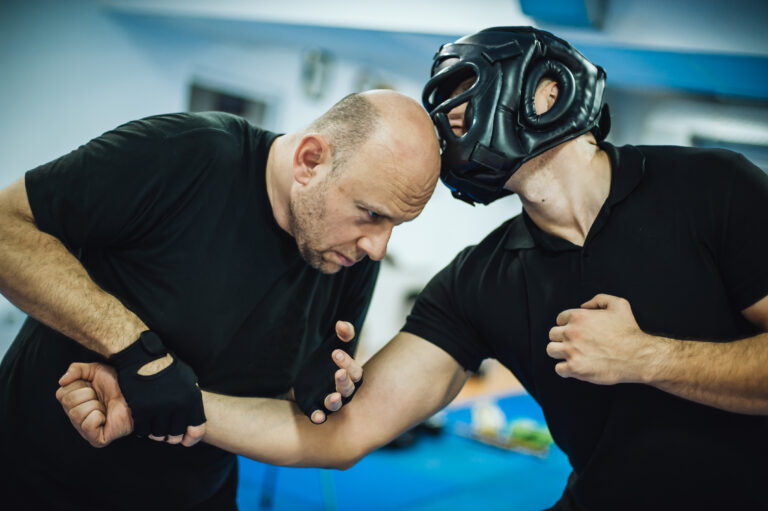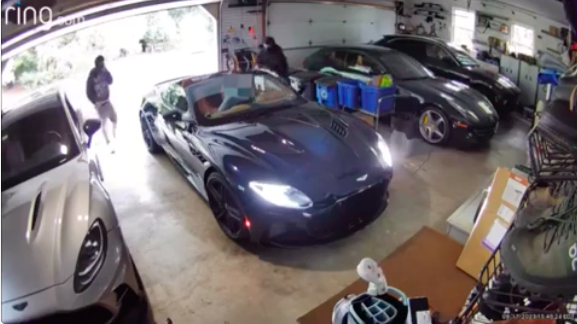Let’s cut the B.S.—violence isn’t random. It’s calculated. It follows patterns. And if you want to survive—not win trophies, but actually survive—you need to understand the psychology behind it.
This is the mental edge most people never train. But if you want to stop violence before it starts, this is where it begins.
Why Violence Happens (And Why You Might Be the Target)
Violence is driven by control, desperation, revenge, or just plain evil. Some attackers are high. Some are mentally unstable. Others just see you as easy prey. That’s it.
But here’s the kicker—they all do one thing in common: they size you up.
They’re watching for people who are:
– Distracted
– Alone
– Nervous
– Checked out of their environment
If that’s you? You’ve just made their job easy.
Spot the Signs Before It Hits the Fan
Predators don’t just snap. They show signs. These pre-violence indicators are your last warning:
– Getting too close for no reason
– Looking around for witnesses
– Sudden silence or weird mood shifts
– Clenched fists, jaw, pacing
– Eyes locked on you with bad intent
Train yourself to see this. If you feel something’s off—it probably is.
Don’t Be the Easy Mark
Predators don’t want a fight. They want a fast, clean win. If you project confidence and stay aware, you immediately look like the wrong target.
That’s called target hardening, and it’s what real self-defense is built on. This isn’t about muscles or fancy moves. It’s about not getting picked in the first place.
Your Worst Enemy? Adrenaline
You know what happens when things go sideways? Your body changes chemically. Heart racing. Tunnel vision. Hands shaking. Your brain goes numb.
That’s adrenaline. It’s trying to help—but it can cripple you if you’re not trained for it.
That’s why we stress pressure testing in training. You need to feel stress in a controlled setting so you don’t freeze in real life.
Violence in Social Settings: The Emotional Bombs
Not all danger comes from strangers. Most college violence happens between people who know each other. Fights at parties. Drunken threats. Breakups turned violent.
Learn to spot emotional triggers like:
– Jealousy
– Rejection
– Public embarrassment
– Substance abuse
– Peer pressure
If things start to boil, get out. Fast. De-escalation beats confrontation every time.
How Predators Operate
Some attackers are impulsive. Others are patient, predatory, and methodical. Both kinds look for the same thing: low risk, high reward.
Your job? Jack up the risk. Make them think, “Not worth it.”
You do that by:
– Being alert
– Standing tall
– Making eye contact
– Knowing your exits
– Moving with purpose
Final Word: Your Mind Is the First Weapon
Self-defense isn’t just what you do—it’s how you think. If you understand how predators operate, how violence builds, and how your own body reacts, you give yourself the ultimate edge:
“The fight you avoid is the fight you win.”
At Krav Maga Personal Safety, you’ll learn how to win the game before it starts.
Stay hard to isolate, harder to surprise, and impossible to intimidate.




